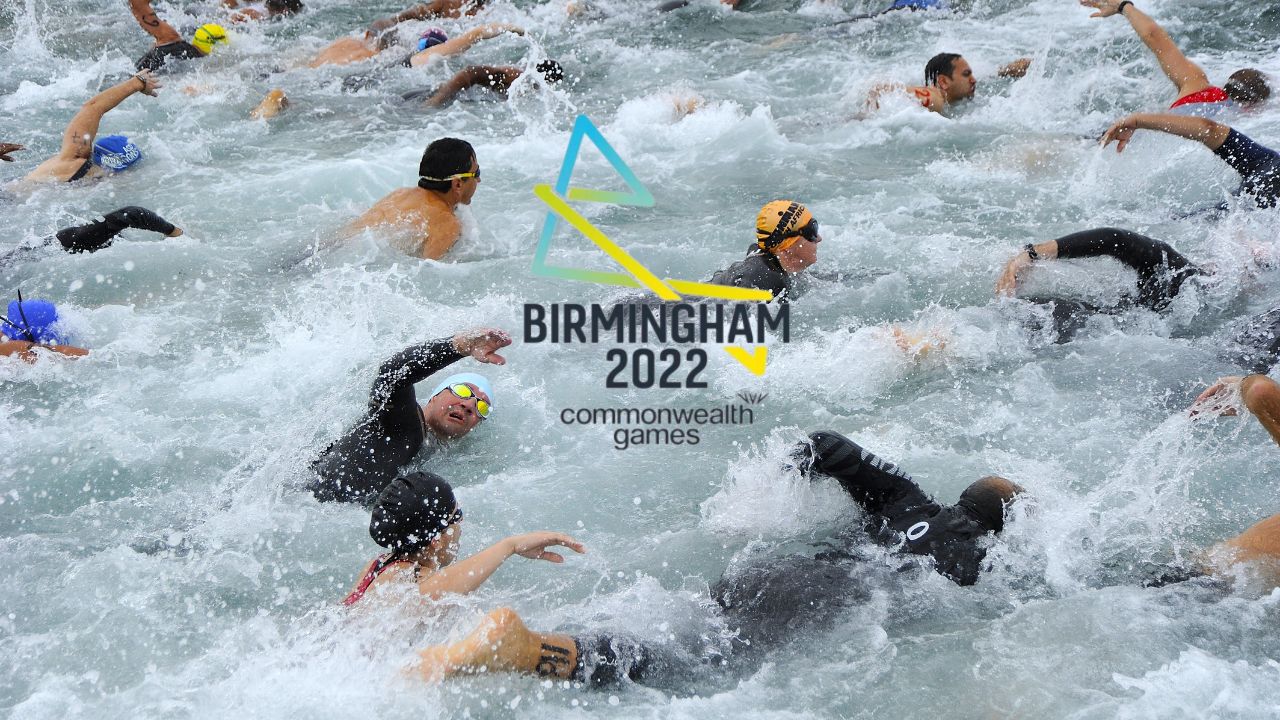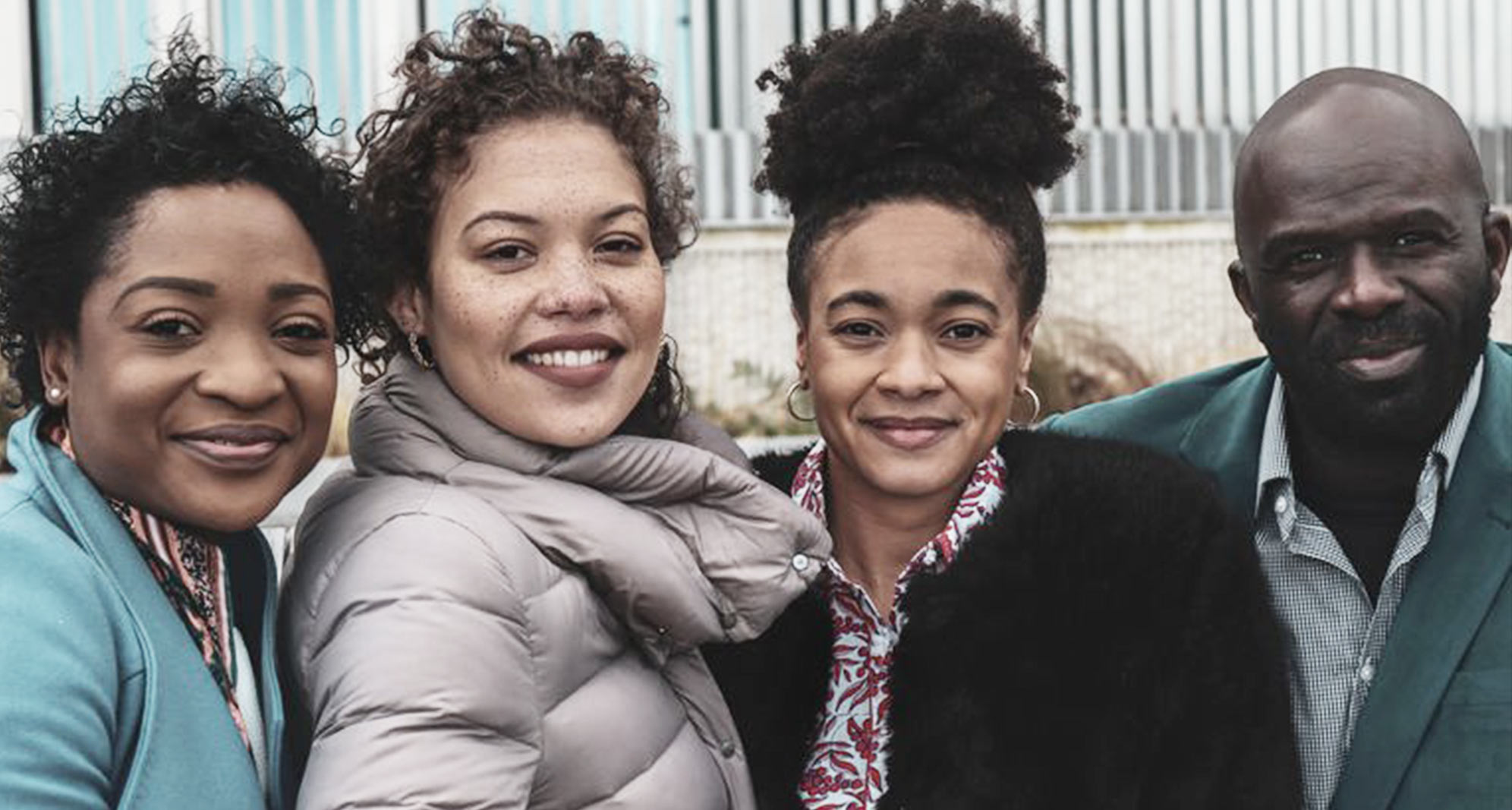
Aug
Commonwealth Games – A statement from the BSA
#ourswimstory
In 40 days time, the Commonwealth Games commence. Today, Alice Dearing, one of 4 co-founders of the BSA and the first ever Black female Swimmer representing Team GB in the Tokyo Olympics, and the BSA proudly celebrate the tangible action the BSA has taken, working with underrepresented communities in Aquatics.
Swimming is for everyone, and swimming is the only sport that is also a vital life skill. The BSA was established to highlight the value of swimming as a vital life skill to prevent drownings by tackling previously unaddressed inequities and under-representation within the aquatics sector and ultimately increasing visibility and participation in aquatic sports. Since then, we have amplified the voice of the African, Caribbean and Asian communities and taken tangible action, with our work having direct relevance to over 6.9m people of African, Caribbean and Asian heritage in the UK who are currently not aquatically active or water safety aware.
We have taken the time to listen, to learn and to work with the communities we represent and have used data and research insights to further strengthen their message. We have shared their personal stories and lived experiences as part of two globally released films – A Film Called Blacks Can’t Swim, and Blacks Can’t Swim: The Sequel. We are now proud to announce a third film, Blacks Can’t Swim Rewind, which premieres today, 18th June 2022 ahead of a global release on July 4th 2022.
In this third film, we hear the harrowing recount of an 8 year old child about their lived experience swimming in school “In class… we would get sectioned and then the Caucasians go on one side and they go to swim, and then the Black kids go and do football or dodgeball, and they think because we are Black we can’t swim, but we can swim”. Barriers to swimming include racial bias and predisposed systemic discrimination even at primary school age; the BSA wants to act as a bridge with communities and the aquatic sector in order to dismantle racial bias, inequitable access and the lack of inclusion within swimming and aquatics. Inclusion for all, not at the exclusion of some, must be met by acknowledging and catering to the needs of the most marginalised groups.
It is a dangerous stereotype and myth that has for too long acted as a significant barrier to swimming for African, Caribbean and Asian communities. That is why we have commissioned pioneering research to help better understand and break down these barriers, including physiological research around Bone Density and ‘floatability’ with the RNLI and University of Portsmouth; and also a campaign called ‘#OurSwimStory’ – an industry pioneering research project with AKD, aimed at exploring the social, cultural, attitudinal and psychological barriers that people from African, Caribbean and Asian heritage face when it comes to participating and engaging in the world of swimming and aquatics as a whole.
With some of the core insights we already have, we have successfully launched the first ever drowning prevention and water familiarisation programmes for African, Caribbean and Asian communities. Together We Can and The Blue Hour programmes help get people from our under-represented communities into the pool, for most, beginning their aquatic journey to becoming safer in all bodies of water and finding their own place in and love for the water. These pilot programmes, soon to be scaled nationwide took place in London and have seen several dozen people – intergenerational families, children and young people of ethnically diverse heritage learn to float, survive in water, and begin their swim journeys together as a community.
We have established flourishing partnerships with the RNLI, London Marathon Charitable Trust, Community Leisure UK, Speedo, Hackney Council, BADU Sports, Gung Ho Communications, Sport Wales, Swim Wales, AfPe, Active Black Country, Leeds Beckett University and other aquatic and water safety partners to get more people of African, Caribbean, and Asian heritage aquatically active, help raise water safety awareness to prevent drownings, and work towards a future with ethnic diversity in aquatics. These organisations have demonstrated real humility and understanding of the challenges faced by the communities we represent, and have helped enable us to do our work – true Allyship.
We have supported our co-founder and the first ever Black female Team GB Swim member to the Olympic Games in Tokyo, and Alice acts as a role model to many under-represented and aspiring swimmers; they can be the change that they do see as we commit to diversifying the aquatics sector.

Since the launch of the BSA, we have spent time consulting with the sector, especially governing bodies, about collaborative partnerships to enable the development and delivery of more inclusive and equitable aquatic solutions and programmes for our community and we’ve shared both our BSA 2021 – 2024 Strategic Plan (published March 2021) and our Research Programme (Autumn 2021).
We are aware of other aquatics organisations such as Swim England who have recently announced an aim to deliver diversity and inclusion research and projects to inform their EDI plans and strategy around Race and Ethnicity, Disability and LGBT+. When consulted on the aforementioned, we made it categorically clear that their England Swims campaign around race inclusion, would be a duplication of the research and project work that we, the BSA, are already delivering.
Unfortunately, the decision to continue with their campaign has left us – the very community they need to speak to – feeling marginalised.
The BSA applauds everyone wanting to truly support marginalised communities but we do believe in this instance, there could have been a more effective and joint up approach with delivery as allies. Much in the same way the BSA has been working with all our partners in the sector. True Allyship is built on relationship, trust and transparency. It is proactive, and strengthens the voice of the marginalised, but does not speak for them. An ally is not a member of a marginalised group but supports and takes action to support the interest of members of a marginalised group. We always welcome partners who want to be true allies to the communities we represent.
For now, we proudly celebrate the achievements the BSA has delivered to date, and the tangible impact we are having, working directly with the communities we represent, for the communities we represent.’
BSA co-founders – Danielle Obe, Alice Dearing, Ed Accura, Seren Jones

Background information about the BSA
The Black Swimming Association was set up to highlight the value of swimming as a vital life skill to prevent drownings by tackling inequalities, inequities and under-representation within the sector and ultimately increase visibility and participation in aquatic sports, and we are constantly working towards these goals within our communities. This enables us to work with the aquatic sector to make a fundamental and positive difference.
To do this we have, from inception, aimed to work with partners across the aquatic sector to reach our community. These partnerships and relationships with forward-thinking organisations are built on a foundation of trust, transparency and true allyship and have already allowed us to undertake some amazing work to help address the fact that 80% of Black children, 78% of Asian children, 93% of Asian adults and 95% of Black adults in England, which has the highest percentage of people of ethnically diverse heritage, do not currently swim. These figures constitute a population of approx. 6.9mil people of Black, Asian and mixed-heritage in the UK as a whole.
Our work is helping to save lives. Our work is bridging the gap between disenfranchised African, Caribbean and Asian communities and the aquatics sector. We are educating people about how to be safe in and around water, teaching them a vital life-saving skill, empowering them to find healing, joy and finding their own place in the water and ultimately being physically active.
We truly believe that we are effecting change in the world of aquatics and are eager to work, collaboratively, with organisations in the sector committed to allyship in order to elicit this change.
No Comments